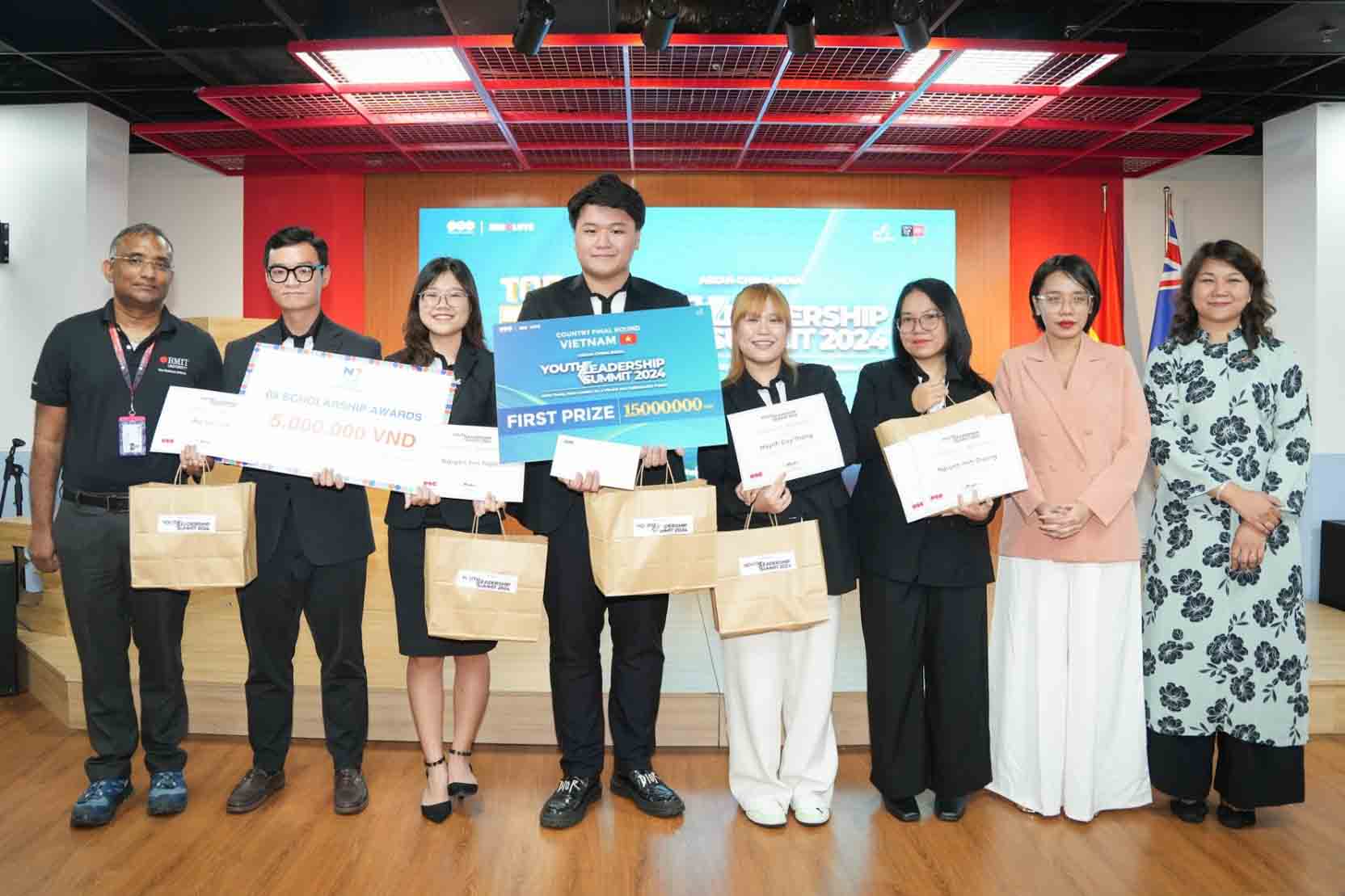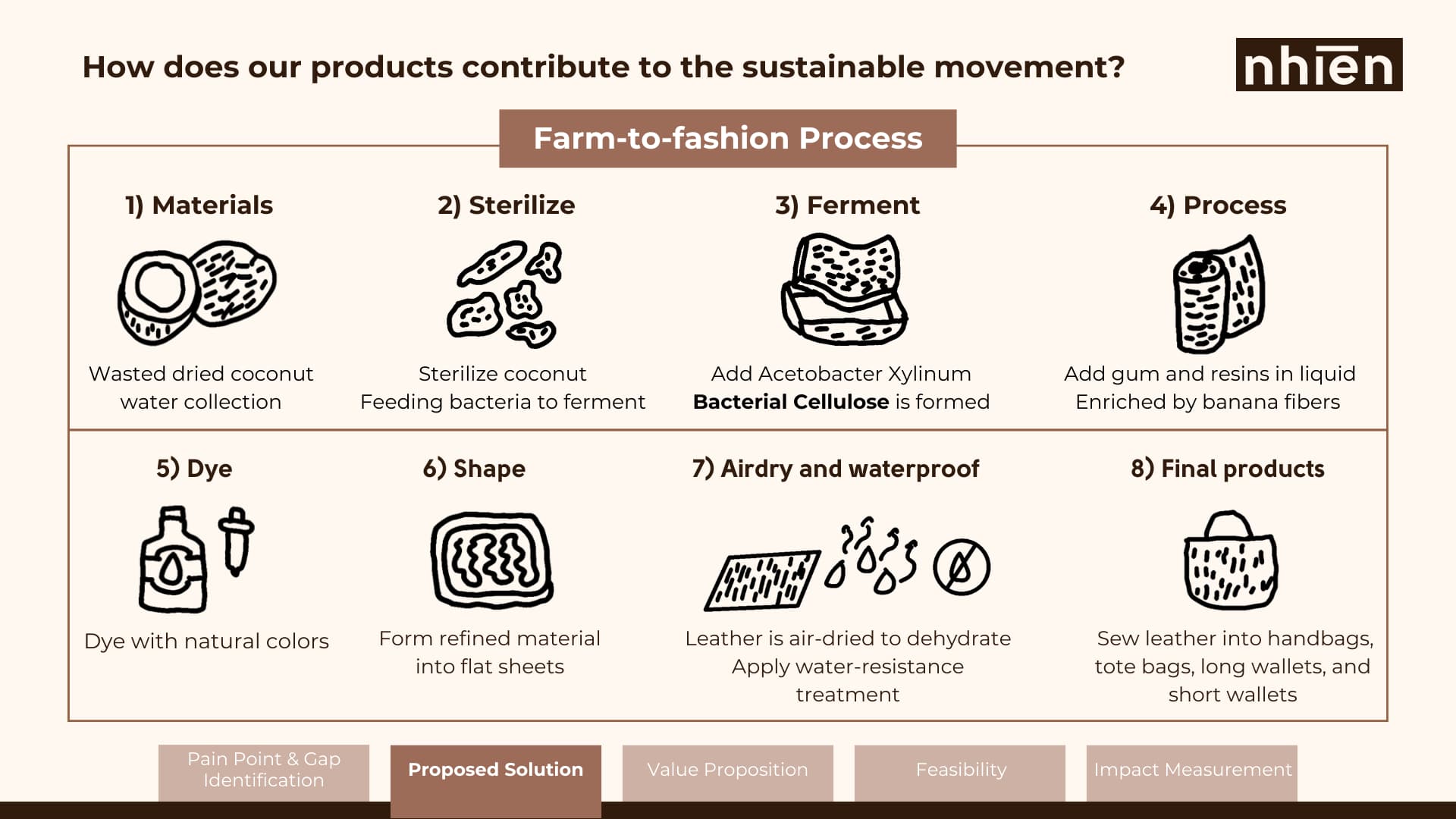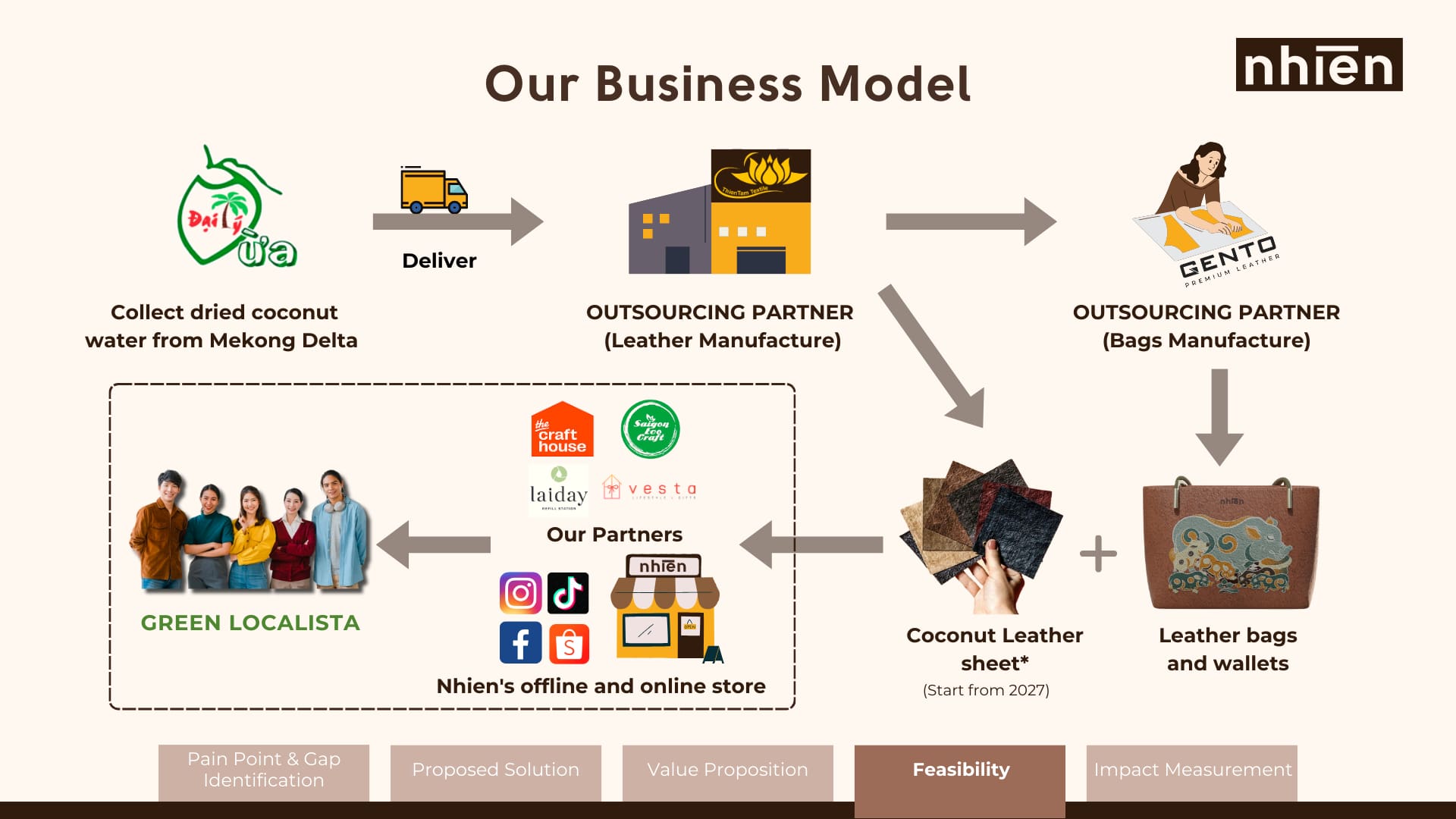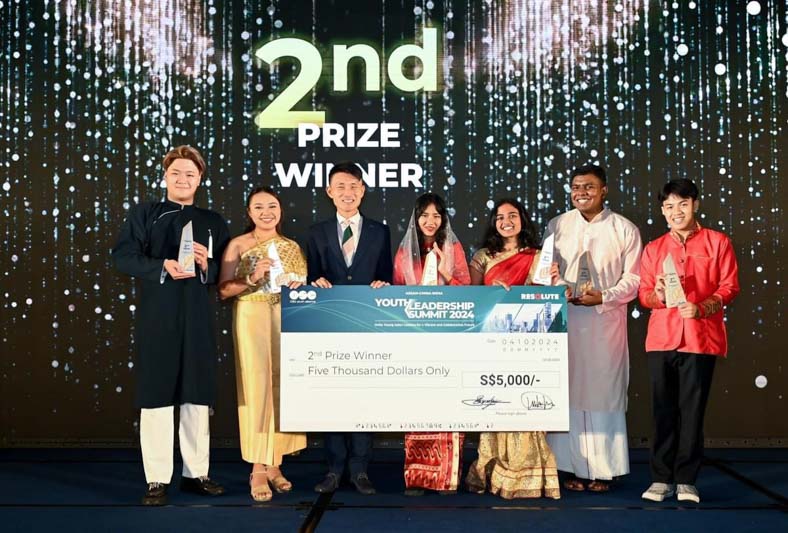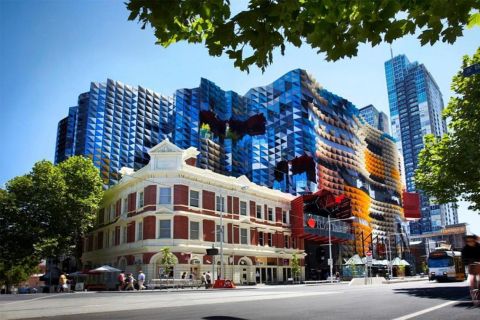MOET and RMIT co-host conference on Digital Competence Framework for Students
Over 600 experts joined a national conference organised by the Ministry of Education and Training (MOET), marking a key step in building future-ready digital skills across Vietnam’s higher education system.
RMIT Vietnam appoints new Pro Vice-Chancellor and General Director: Professor Scott Thompson-Whiteside
RMIT Vietnam is pleased to welcome Professor Scott Thompson-Whiteside as its new Pro Vice-Chancellor and General Director, as the University reflects on its 25 years of learning, growth, and community impact in Vietnam.
Can Vietnam’s high school graduation exam reflect students’ real strengths?
Vietnam’s national high school exam is a critical step toward university admission, but questions remain about how accurately it reflects students’ true abilities and prepares them for future challenges beyond the classroom.
RMIT maintains strong position in world university rankings
RMIT has retained its place among the world’s top 125 universities in the latest QS World University Rankings, a highly influential international ranking system.

